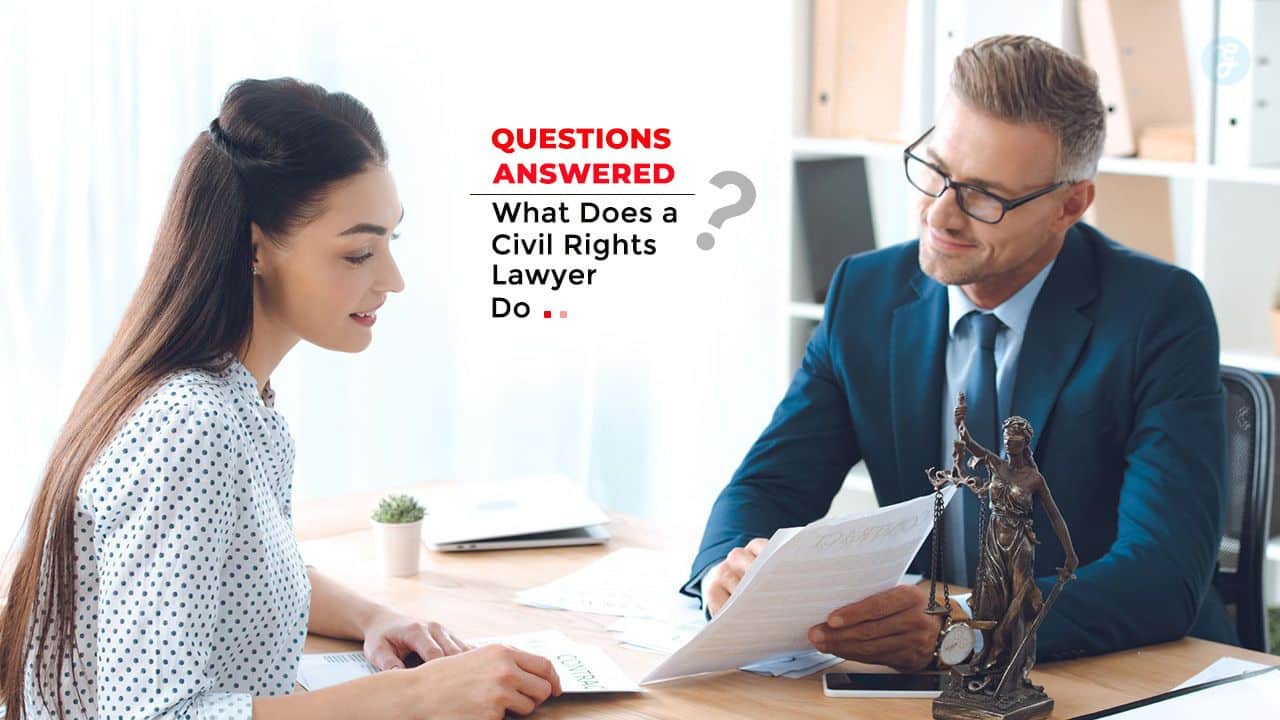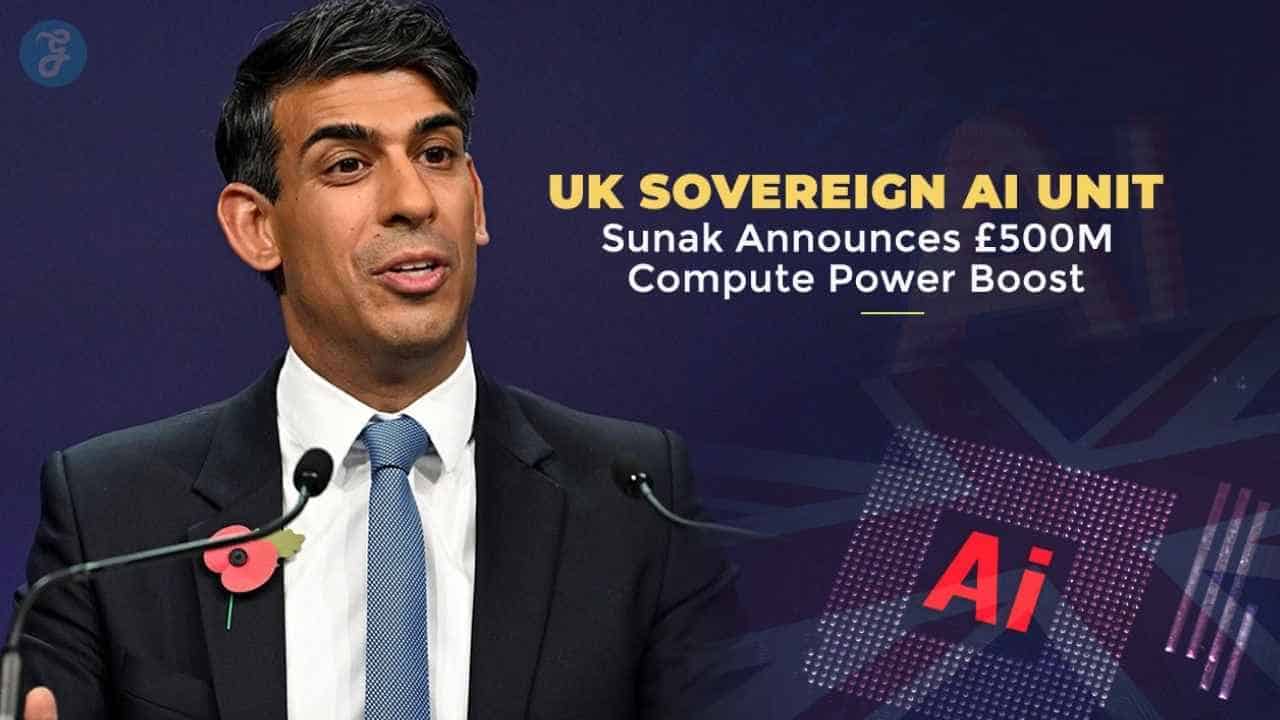In today’s world, where issues of discrimination, inequality, and violations of basic freedoms still exist, the work of civil rights lawyers is more critical than ever. These legal professionals play a pivotal role in defending individual freedoms and ensuring justice is served, even in the face of significant challenges. Civil rights lawyers fight against systemic injustices that impact marginalized communities and help individuals navigate complex legal battles.
By addressing cases ranging from workplace discrimination to violations of voting rights, civil rights lawyers strive to uphold the principles of equality, justice, and dignity enshrined in the Constitution. But what does civil rights lawyers do, and why is their work so essential? This article delves into their responsibilities, the types of cases they handle, and the profound impact they have on individuals and society.
Whether you’re seeking to hire a civil rights lawyer or are simply curious about their role, this comprehensive guide will provide you with the insights you need.
What Does a Civil Rights Lawyer Do: A Closer Look
Civil rights lawyers specialize in protecting the rights guaranteed by the Constitution and statutes. They tackle cases involving employment discrimination, police misconduct, voting rights, and freedom of speech. These legal professionals play a critical role in upholding equality and advocating for those facing injustice.
1. Who Is a Civil Rights Lawyer?
A civil rights lawyer specializes in cases where individuals’ rights and freedoms, as guaranteed by constitutions or statutes, have been infringed upon. They advocate for clients facing discrimination, harassment, or other injustices, ensuring equal treatment under the law.
Key Responsibilities:
- Legal Representation: Advocating for clients in court proceedings.
- Legal Advice: Guiding clients on their rights and potential legal actions.
- Policy Advocacy: Working towards legislative changes to enhance civil rights protections.
Common Practice Areas:
| Area | Description |
| Employment Discrimination | Addressing unfair treatment in the workplace based on race, gender, or other protected characteristics. |
| Police Misconduct | Handling cases involving excessive force or abuse of authority by law enforcement. |
| Voting Rights | Ensuring individuals have fair access to participate in elections without suppression. |
| Freedom of Speech | Defending individuals facing censorship or restrictions on expression. |
2. What Types of Cases Do Civil Rights Lawyers Handle?
Civil rights lawyers manage a diverse array of cases, each aiming to rectify injustices and uphold individual freedoms.
Common Case Types:
| Case Type | Description |
| Discrimination | Cases involving unfair treatment based on race, gender, age, religion, disability, or sexual orientation. |
| Police Misconduct | Instances of excessive force, wrongful arrests, or abuse of power by law enforcement officials. |
| Voting Rights Violations | Situations where individuals are unjustly prevented from exercising their right to vote. |
| Freedom of Speech Infringements | Cases where individuals face censorship or punishment for expressing their views. |
| Unlawful Searches and Seizures | Challenging violations of privacy rights under the Fourth Amendment. |
Notable Case Examples:
- Brown v. Board of Education (1954): This landmark Supreme Court case declared racial segregation in public schools unconstitutional, significantly advancing civil rights in the United States.
- Obergefell v. Hodges (2015): The Supreme Court ruled that same-sex marriage is a constitutional right, ensuring marriage equality nationwide.
3. How Do Civil Rights Lawyers Help Their Clients?
Civil rights lawyers provide comprehensive support to their clients, guiding them through complex legal landscapes to seek justice.
Client Support Services:
| Service | Description |
| Legal Consultation | Assessing the merits of a case and advising on legal options. |
| Case Investigation | Gathering evidence, interviewing witnesses, and building a strong case. |
| Representation in Court | Advocating on behalf of clients during trials and hearings. |
| Negotiation | Engaging in settlement discussions to resolve disputes outside of court. |
| Advocacy | Promoting policy changes to prevent future civil rights violations. |
Real-World Impact:
- Workplace Discrimination: A civil rights lawyer may represent an employee who has been unjustly terminated due to their race or gender, seeking reinstatement or compensation.
- Police Misconduct: In cases of excessive force, a lawyer can help victims obtain justice and hold law enforcement accountable.
4. What Skills and Qualifications Do They Need?
Becoming a civil rights lawyer requires a combination of formal education, practical experience, and specific skill sets.
Educational Path:
| Education Level | Description |
| Bachelor’s Degree | Undergraduate studies, often in political science, history, or related fields. |
| Juris Doctor (JD) Degree | Graduation from an accredited law school with a focus on civil rights law. |
| Bar Admission | Passing the bar exam in the state where they intend to practice. |
Essential Skills:
| Skill | Importance |
| Analytical Thinking | Ability to assess complex legal issues and develop effective strategies. |
| Empathy | Understanding and relating to clients’ experiences and challenges. |
| Negotiation | Effectively mediating disputes to achieve favorable outcomes. |
| Research Proficiency | Conducting thorough legal research to support case arguments. |
| Communication | Clearly articulating legal arguments and advocating for clients. |
Professional Experience:
Gaining experience through internships, clerkships, or volunteer work with civil rights organizations is crucial for developing practical skills and building a professional network.
5. What Are Common Challenges Civil Rights Lawyers Face?
Civil rights lawyers often encounter significant obstacles in their pursuit of justice.
Challenges:
| Challenge | Description |
| Emotional Strain | Dealing with cases involving severe injustices can be mentally taxing. |
| Systemic Resistance | Facing opposition from established institutions resistant to change. |
| Resource Limitations | Working with limited funding, especially in nonprofit settings. |
| Public Scrutiny | High-profile cases may attract intense media attention and public opinion. |
| Legal Complexities | Navigating intricate legal frameworks and precedents. |
Case Study:
- Brown v. Board of Education (1954): Civil rights lawyers faced significant resistance when challenging school segregation, requiring perseverance to achieve a landmark victory.
6. How Can You Become a Civil Rights Lawyer?
Pursuing a career as a civil rights lawyer involves a structured educational and professional path.
Step-by-Step Guide:
- Earn a Bachelor’s Degree: Choose a field like political science, sociology, or pre-law.
- Complete Law School: Enroll in a law school accredited by the American Bar Association (ABA).
- Pass the Bar Exam: Obtain licensure in your practicing state.
- Gain Experience: Intern at civil rights organizations or law firms.
- Join Professional Networks: Connect with civil rights advocacy groups.
Career Path Snapshot:
| Step | Details |
| Education | Bachelor’s + JD degree |
| Licensure | Pass the state bar exam |
| Practical Experience | Internships, entry-level positions |
This path prepares you to make meaningful contributions as a civil rights attorney.
7. How Much Do Civil Rights Lawyers Earn?
The earnings of civil rights lawyers vary based on factors like experience, location, and employment type.
Salary Overview:
| Experience Level | Annual Salary Range |
| Entry-Level | $50,000 – $70,000 |
| Mid-Career | $70,000 – $100,000 |
| Senior Lawyers | $100,000+ |
Factors Influencing Salary:
- Employer Type: Lawyers in private firms typically earn more than those in nonprofit organizations.
- Location: Salaries tend to be higher in metropolitan areas due to the cost of living and demand for expertise.
- Specialization: Lawyers with niche expertise in high-demand areas may command higher salaries.
8. When Should You Hire a Civil Rights Lawyer?
If you suspect your rights have been violated, consider hiring a civil rights lawyer. Common scenarios include:
When to Act:
| Scenario | Reason to Hire |
| Workplace Discrimination | Denied promotions, unequal pay |
| Police Misconduct | Unlawful arrests, brutality |
| Voter Suppression | Restricted access to voting |
Key Benefits of Acting Promptly:
- Preservation of Evidence: Acting quickly ensures vital evidence is not lost.
- Meeting Deadlines: Legal claims often have strict filing deadlines.
- Stronger Case: Early action allows lawyers to build a comprehensive case.
9. What Questions Should You Ask When Hiring a Civil Rights Lawyer?
Choosing the right lawyer is critical. Ask these questions during consultations:
- What experience do you have with similar cases?
- What is your success rate?
- How do you approach cases like mine?
- What are your fees, and are payment plans available?
Checklist for Hiring:
| Question | Why It Matters |
| Experience | Determines familiarity with similar cases |
| Success Rate | Indicates likelihood of a positive outcome |
| Strategy | Provides insight into the lawyer’s approach |
| Costs | Ensures transparency in fees |
These questions help you make an informed decision.
10. Why Are Civil Rights Lawyers Important?
Civil rights lawyers are indispensable in preserving democracy and ensuring that the rights of individuals are protected. They challenge systems of oppression, hold institutions accountable, and work tirelessly to create a fairer society. Through their work, they empower individuals to seek justice and contribute to systemic change.
How Civil Rights Lawyers Impact Society
| Impact Area | Description |
| Legal Accountability | Holding organizations and individuals responsible for violations of rights. |
| Policy Reform | Advocating for changes to laws that enhance equality and justice. |
| Empowering Communities | Providing tools and knowledge to marginalized groups to fight discrimination. |
| Preventing Future Violations | Creating legal precedents that deter rights violations. |
Examples of What Civil Rights Lawyers Do in Practice
Civil rights lawyers handle diverse cases, such as:
- Workplace Discrimination: Representing employees unfairly treated based on race, gender, or disability.
- Police Misconduct: Seeking justice for victims of excessive force or unlawful detainment.
- Voting Rights: Ensuring every citizen can exercise their right to vote without suppression.
Case Study:
The landmark case Brown v. Board of Education showcases what civil rights lawyers do to combat systemic inequalities. This case abolished racial segregation in schools, marking a significant step towards equality.
Takeaway
In an era where the fight for equality and justice continues, civil rights lawyers remain indispensable champions of societal progress. They confront systemic injustices, challenge oppressive systems, and advocate for those whose voices are often unheard. Their work extends beyond courtrooms, influencing policy reforms and creating precedents that protect future generations.
By understanding what does a civil rights lawyer do, individuals gain the knowledge to defend their rights and seek justice. If you ever face discrimination or feel your constitutional rights have been violated, consulting a civil rights lawyer is the first step toward a fair resolution. These legal professionals not only guide individuals through legal complexities but also empower entire communities to demand and achieve change.
The work of civil rights lawyers is a reminder that justice is not a given—it is earned through relentless effort, advocacy, and courage. They are the backbone of a just society, ensuring that everyone, regardless of their background, can live with dignity, freedom, and equality.




































